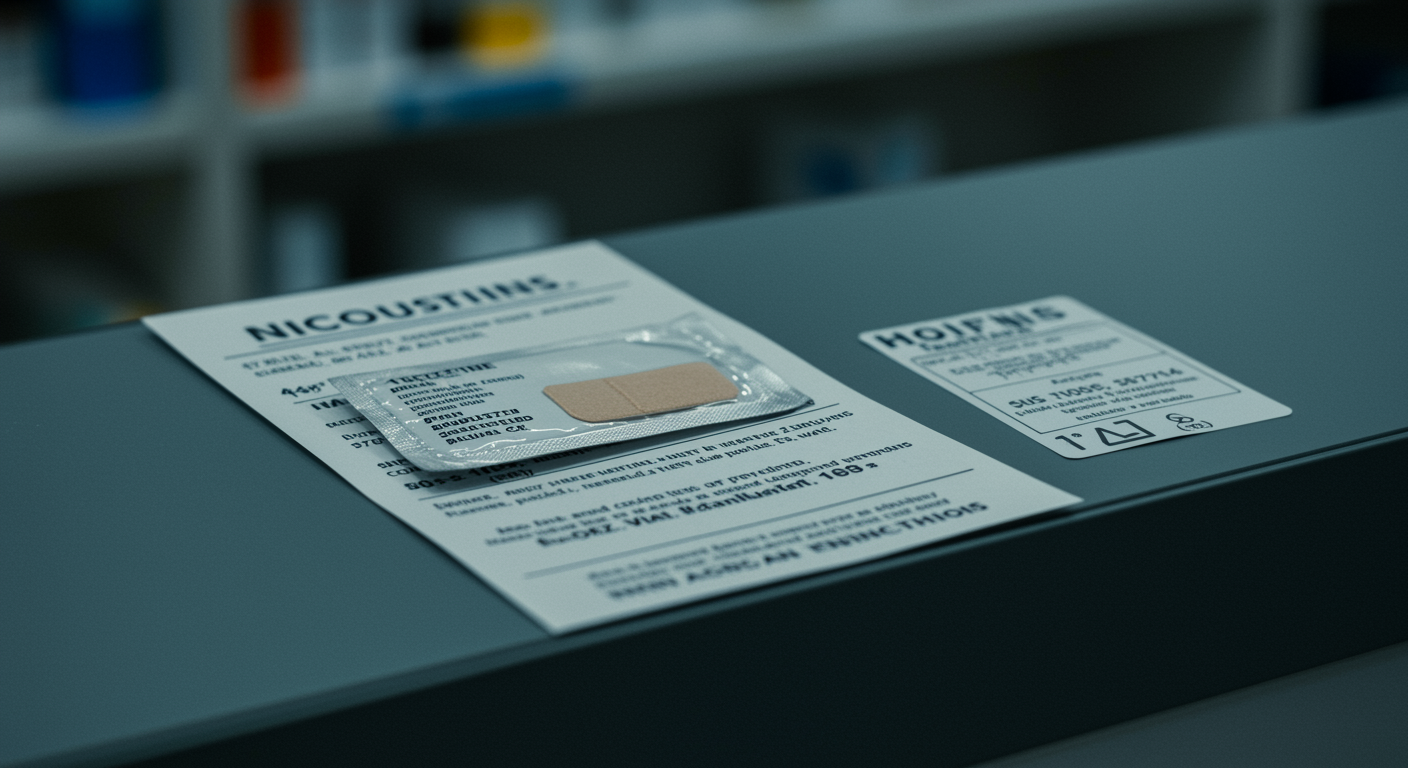Nicotine Patches Weaken Esophageal Sphincter Function
Do Nicotine Patches Affect Esophageal Function and GERD Risk?
Yes, transdermal nicotine significantly reduces lower esophageal sphincter pressure and impairs esophageal motility, potentially increasing GERD risk even when delivered through patches rather than cigarettes. This research demonstrates that nicotine itself, independent of smoking, has direct effects on esophageal function that can promote gastroesophageal reflux through weakened anti-reflux mechanisms.
Dr. Kumar’s Take
This study reveals an important consideration for GERD patients trying to quit smoking. While quitting cigarettes is absolutely beneficial for GERD, nicotine replacement therapy may continue to affect esophageal function, though typically to a lesser degree than smoking. The good news is that these effects are usually temporary and the overall benefits of smoking cessation far outweigh the temporary nicotine effects. Understanding this helps set appropriate expectations during the quit process and may guide the choice of cessation methods.

